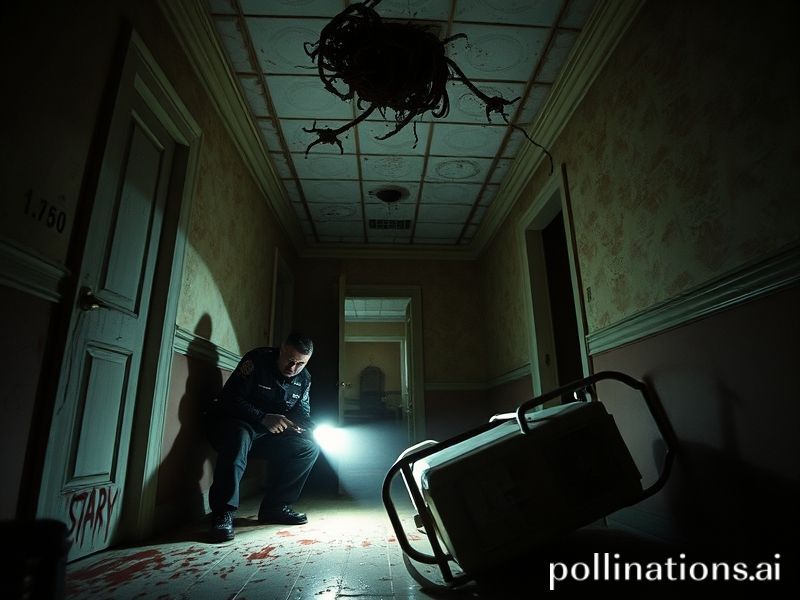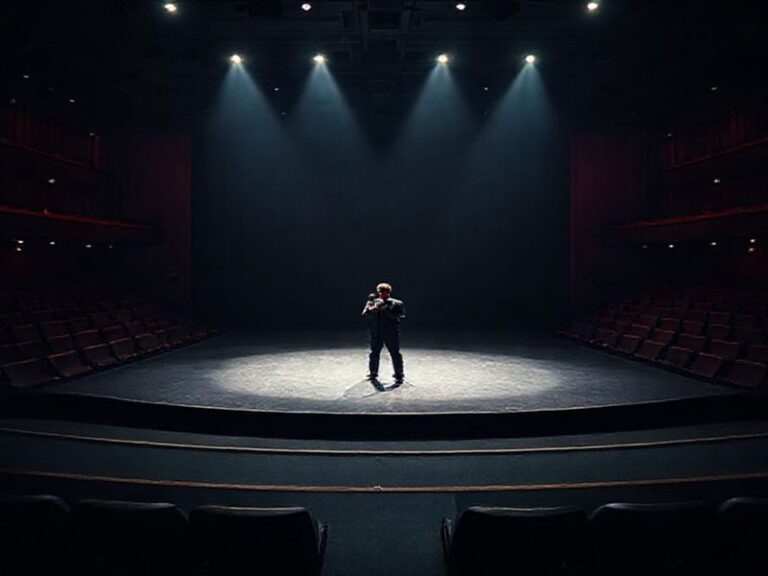Resident Evil Goes Global: When Real-World Villains Make Video Game Monsters Look Amateur
**Resident Evil: The Global Pandemic We Actually Asked For**
In a twist that would make even the most jaded virologist choke on their coffee, the phrase “resident evil” has evolved from B-grade zombie fantasy to an uncomfortably accurate job description for roughly 98% of the world’s political class. While Capcom’s fictional Umbrella Corporation merely destroyed a few fictional cities, our real-world equivalents have managed something far more impressive: they’ve turned the entire planet into a never-ending cutscene where the audience can’t skip the dialogue.
From the marble halls of Brussels to the gold-plated elevators of certain Manhattan towers, a particular breed of permanent resident has made themselves remarkably comfortable in the corridors of power. These aren’t your garden-variety corrupt officials content with mere kickbacks and offshore accounts. No, these are the overachievers of unethical behavior, the valedictorians of villainy, the sort who view democratic institutions the way a starving man views an all-you-can-eat buffet.
Take Hungary’s Viktor Orbán, who’s transformed his country into what political scientists politely call “illiberal democracy” and what everyone else calls “that place where the EU sends money that mysteriously ends up in oligarch pockets.” Or Belarus’s Alexander Lukashenko, who’s been president since 1994—a year when most of his citizens weren’t even alive to vote against him the first time. These gentlemen have achieved something Umbrella’s scientists never could: they’ve created a virus that reproduces itself through bureaucracy.
The contagion has spread with remarkable efficiency. In the Philippines, the Marcos family has completed the political equivalent of a speedrun, going from exile to electoral victory in record time. Apparently, international investigators calculating the Marcos fortune gave up when their calculators began smoking. Meanwhile, across multiple continents, various leaders have discovered that term limits are more of a suggestion than an actual rule, like speed limits or tax codes for the wealthy.
What makes this particularly virulent strain of resident evil so adaptive is its remarkable ability to mutate. Yesterday’s military coup becomes today’s “democratic transition.” Yesterday’s election fraud becomes today’s “alternative counting method.” It’s evolution, baby, but with better suits and worse intentions.
The international community’s response has been characteristically unified in its complete lack of unity. The United Nations issues strongly worded statements with the effectiveness of a water gun against a wildfire. The European Union threatens to withhold funds, then remembers someone needs to buy those luxury cars. The United States alternates between promoting democracy and promoting democracy’s slightly more profitable cousin, “strategic interests.”
But here’s where reality outpaces fiction in the most depressing game of one-upmanship: while Resident Evil’s villains at least had the decency to be obvious about their world-ending schemes, our real-world equivalents have achieved something far more insidious. They’ve made corruption boring. They’ve normalized nepotism, regularized racketeering, and turned treason into just another Tuesday. When everything’s a scandal, nothing is, and the public’s capacity for outrage gets stretched thinner than a billionaire’s tax returns.
The truly dark joke? We’re all extras in this production, and the director’s cut is endless. While we debate whether the latest election was slightly unfair or completely rigged, the real action happens in the background: resources evaporate, wealth concentrates, and the planet itself becomes a limited-time offer with no refund policy.
Perhaps that’s the most Resident Evil aspect of our current predicament. In the games, you could always count on finding a cure, defeating the boss, rolling credits. In our version, the virus isn’t in the air or the water—it’s in the systems we’ve built, the leaders we’ve chosen, and the apathy we’ve cultivated. The evil isn’t just resident; it’s got a mortgage, permanent address, and plans to renovate the kitchen.
And unlike the games, we can’t just turn off the console.







